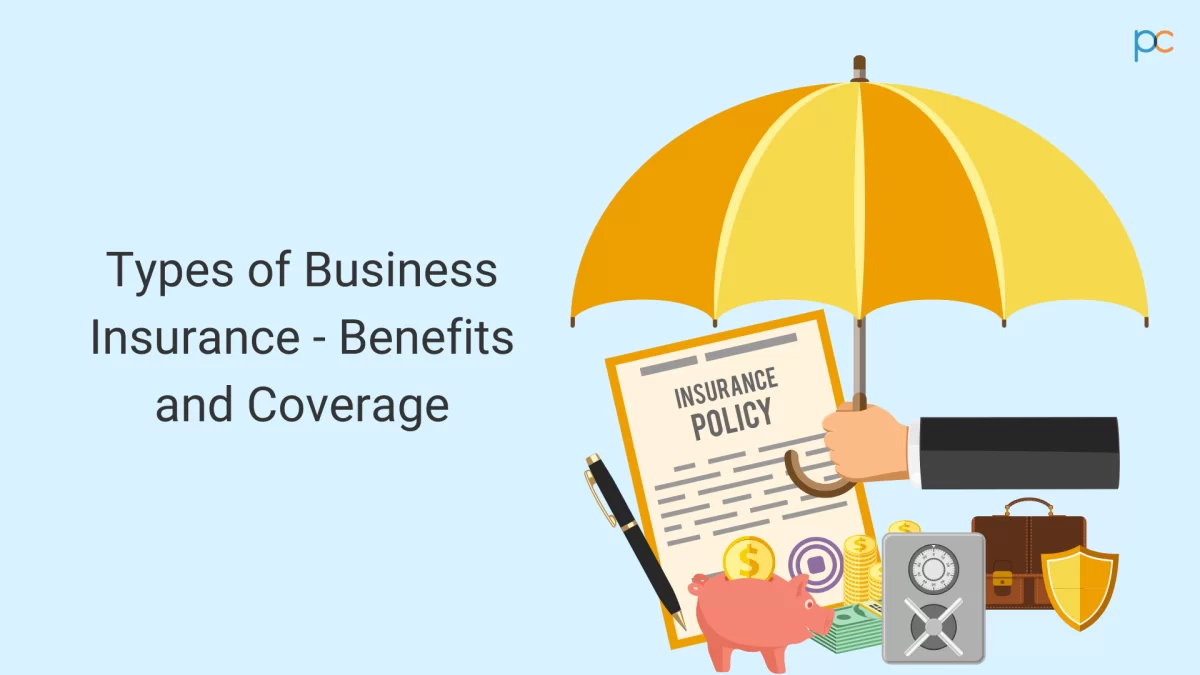Why is Cyber Insurance Important? – What Does Cyber Insurance Cover?
Don’t Get Hacked: Protecting Your Digital Life with Cybersecurity and Insurance
The internet has become an undeniably central part of our lives. We bank online, shop online, connect with loved ones online, and even store a significant amount of personal information online. This convenience, however, comes with a growing risk: cybercrime. Data breaches, identity theft, and ransomware attacks are becoming increasingly common, leaving individuals vulnerable to financial losses, reputational damage, and emotional distress.
This is where cyber insurance steps in. Just like car insurance protects your vehicle and homeowner’s insurance safeguards your property, cyber insurance acts as a financial safety net in the ever-evolving world of cyber threats.
Why is Cyber Insurance Important?
Traditionally, insurance policies focused on physical threats. But cyberattacks can be just as devastating, potentially causing more damage than a broken window or stolen car. Cyber insurance helps cover the costs associated with a cyber incident, including:
- Data Breach Response: When a data breach occurs, notifying affected individuals, dealing with legal fees, and providing credit monitoring services can be expensive. Cyber insurance can help cover these costs, minimizing the financial burden during a stressful time.
- Identity Theft Recovery: If your personal information is stolen and used for fraudulent purposes, restoring your identity can be a lengthy and complex process. Cyber insurance can help reimburse expenses for legal assistance, credit report repair, and lost funds due to identity theft.
- Business Interruption: A cyberattack can cripple a business’s operations, leading to lost revenue and productivity. Cyber insurance can help cover lost revenue and the costs associated with getting back online and operational.
- Cyber Extortion: Ransomware attacks are a growing threat, where criminals lock down your data and demand a ransom payment to unlock it. Cyber insurance can help cover the cost of ransom payments (up to a certain limit) and the costs of data recovery.
The Increasing Need for Cyber Insurance
The need for cyber insurance is driven by several factors:
- Rise in Cybercrime: Cybercrime is a booming industry, with criminals constantly developing new and sophisticated methods to target individuals and businesses. The FBI’s Internet Crime Complaint Center (IC3) reported over $6.9 billion in losses from cybercrime in 2021 alone.
- Increased Reliance on Technology: We are all increasingly reliant on technology for our personal and professional lives. This reliance makes us more vulnerable to cyberattacks, as a single successful attack can expose a vast amount of data.
- Evolving Regulatory Landscape: Data privacy regulations like GDPR (General Data Protection Regulation) and CCPA (California Consumer Privacy Act) are placing a greater burden on businesses to protect user data. In the event of a data breach, businesses could face significant fines, which cyber insurance can help cover.
What Does Cyber Insurance Cover?
Cyber insurance policies vary depending on the provider and the level of coverage you choose. However, some common coverage areas include:
- Data Breach Expenses: This covers the costs associated with notifying affected individuals, legal fees, credit monitoring services, and forensic investigations into the data breach.
- Cyber Extortion: As mentioned earlier, cyber insurance can help cover the cost of ransom payments (up to a policy limit) and data recovery expenses.
- Network Security Liability: This covers your legal liability for damages caused by a cyberattack on your network.
- Business Interruption: If a cyberattack disrupts your business operations, cyber insurance can help cover lost revenue and the costs associated with getting back online.
- Identity Theft Recovery: Expenses for legal assistance, credit report repair, and lost funds due to identity theft can be covered under cyber insurance.
- Cybersecurity Tools and Services: Some cyber insurance policies may offer access to cybersecurity tools and services, such as vulnerability assessments and security awareness training.
Who Needs Cyber Insurance?
While cybercrime can target anyone, some individuals and businesses are at a higher risk than others. Here are some groups who can particularly benefit from cyber insurance:
- Individuals: Anyone who stores personal information online, such as Social Security numbers, bank account details, or medical records, should consider cyber insurance.
- Small and Medium-Sized Businesses (SMBs): SMBs are often targeted by cybercriminals because they may have less robust cybersecurity defenses compared to larger companies.
- Freelancers and Solopreneurs: Freelancers and solopreneurs often store a significant amount of client data on their personal devices. Cyber insurance can help protect them in the event of a data breach.
- Anyone Who Relies Heavily on Technology: If you rely heavily on technology for your work or personal life, such as online retailers or those who manage social media accounts, cyber insurance can provide valuable peace of mind.
Beyond the Basics: Additional Considerations in Cyber Insurance
While the core coverage areas of cyber insurance are important, there are additional factors to consider when choosing a policy:
- Limits of Liability: Cyber insurance policies have coverage limits, which is the maximum amount the insurer will pay for a covered loss. Carefully review these limits to ensure they are adequate for your needs.
- Deductibles: Just like with other insurance policies, you’ll have a deductible – the amount you’ll pay out of pocket before the insurance kicks in. Choose a deductible that balances affordability with adequate coverage.
- Exclusions: Make sure you understand what’s excluded from your policy. For example, some policies may exclude coverage for cyberattacks caused by intentional employee actions.
- Cybersecurity Posture: Some insurers may offer discounts for businesses with strong cybersecurity practices in place. This incentivizes companies to prioritize preventative measures.
Beyond Insurance: Proactive Strategies for Cybersecurity
Cyber insurance is a valuable tool, but it’s not a substitute for strong cybersecurity practices. Here are some key strategies to protect yourself online:
-
Strong Passwords & Multi-Factor Authentication (MFA):
- Use complex, unique passwords for all your accounts. A password manager can help you create and store strong passwords securely.
- Enable MFA wherever possible. This adds an extra layer of security by requiring a second verification step beyond your password, like a code sent to your phone.
-
Software Updates:
- Regularly update your operating systems, applications, and web browsers. These updates often contain security patches that fix vulnerabilities exploited by cybercriminals.
-
Beware of Phishing Attacks:
- Phishing emails and websites try to trick you into revealing personal information or clicking on malicious links. Be cautious of unsolicited emails, don’t click on suspicious links, and verify the legitimacy of websites before entering any data.
-
Secure Your Wi-Fi:
- Public Wi-Fi networks are convenient, but not always secure. Avoid accessing sensitive information or financial accounts on public Wi-Fi. Consider using a virtual private network (VPN) for added security, especially when on public Wi-Fi.
-
Data Backups:
- Regularly back up your important data to a secure external drive or cloud storage service. In case of a ransomware attack or other data loss event, having a backup can help you recover your information quickly.
-
Cybersecurity Awareness Training:
- Educate yourself and your employees about cyber threats and best practices for online safety. Many resources are available online and through cybersecurity training companies.
Conclusion: A Multi-Layered Approach to Digital Security
The digital landscape is constantly evolving, and cyber threats are becoming increasingly sophisticated. By combining proactive cybersecurity measures with comprehensive cyber insurance, you can significantly reduce your risk of financial loss and identity theft. Remember, prevention is always the best medicine. Prioritize strong online habits and invest in cybersecurity tools to create a robust defense against cyberattacks. Cyber insurance then acts as a safety net, providing financial protection in the unfortunate event of a cyber incident.
Taking Action:
Here are some resources to get you started on your journey towards a more secure digital life:
- The National Institute of Standards and Technology (NIST) Cybersecurity Framework: https://www.nist.gov/cyberframework
- The Cybersecurity and Infrastructure Security Agency (CISA): https://www.cisa.gov/
- The Federal Trade Commission (FTC) IdentityTheft.gov: https://www.identitytheft.gov/
By following these tips and staying informed, you can navigate the digital world with confidence, knowing you have the tools and resources to protect yourself from cyber threats.









